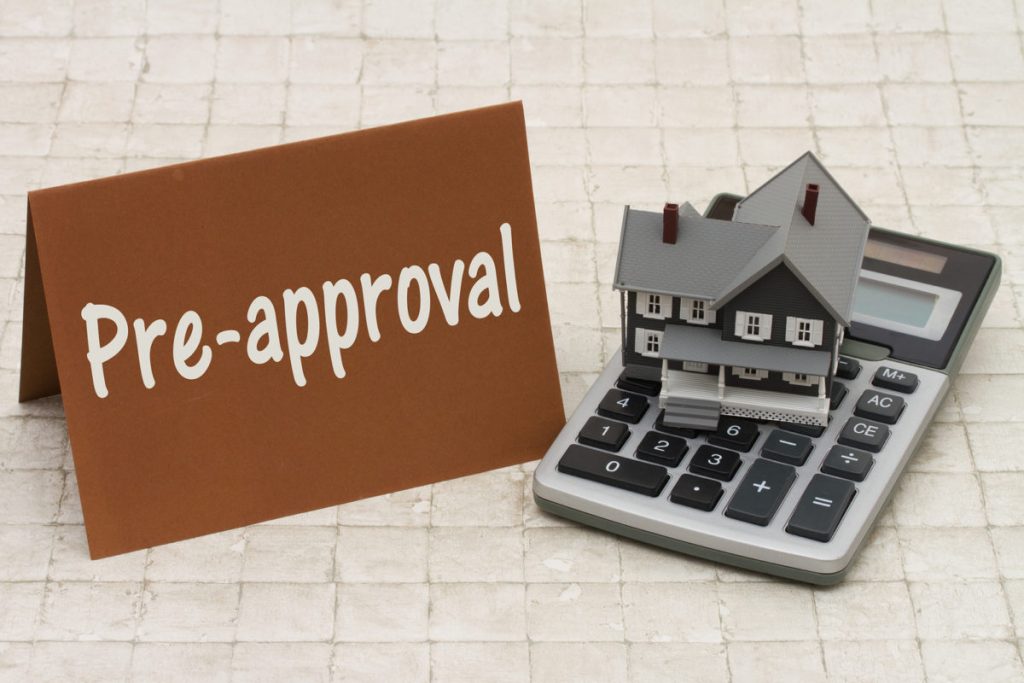If you want to purchase a home the best possible way to guarantee you are on the right track is to see a mortgage lender. A lender will be able to help you in the pre-approval process. The pre-approval is a promise from the bank that you are qualified to borrow up to a certain amount at a particular interest rate.
What is the Pre-Approval?
Pre-Approval means the lender is confident that you will be able to provide the down payment and your financial statements you have provided show that you will be able to cover the mortgage payments on the specified loan amount. The only contingency left is that the home you choose must meet the appraisal price.
What you will need for Mortgage Pre-Approval
- A Good Credit Score – Most lenders require a credit score of 620 or above. The higher the credit score, the lower the interest rate, the lower the score, the higher the interest rate. Some lenders may refer you to a credit repair company to help you review your credit file to remove inaccurate or derogatory items.
- Proof of Income – All borrowers will need to provide W-2 statements from the last two years, recent pay stubs that show income and any evidence of any additional revenue or assets.
- Employment Verification – The lender will want to see your most current pay stubs and verify your employment. They may also want to speak with your employer. If the same employer hasn’t employed you in the last two years, they may want to talk with the previous employer.
- Proof of Assets – The mortgage lender will want to see your most recent bank statements and any investments that you may have. These items will prove that you have the funds to cover the down payment or the closing costs. If you are receiving any money from a family member or friend to cover the down payment, you will need to make sure you have a gift letter.
It is important during the pre-approval and loan process that you do not change jobs, take money from any that you can not explain, apply from credit cards or make any large purchases

